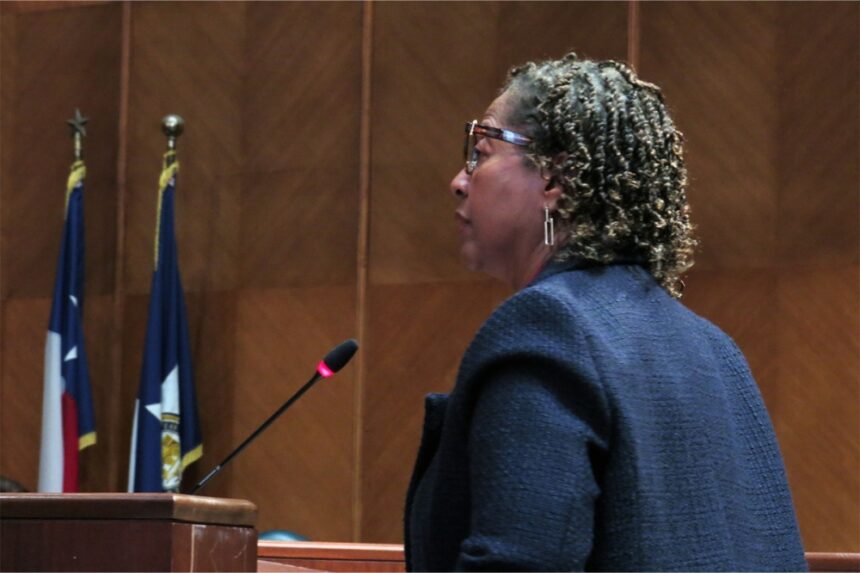Approximately 1,052 employees from the city of Houston accepted Mayor John Whitmire’s early retirement incentive, a strategic move aimed at addressing a significant budget shortfall of $330 million earlier this year. However, concerns have arisen as reports indicate that several hundred of these retirees have yet to receive their promised payments. The Houston Municipal Employees Pension System (HMEPS), which oversees retirement benefits for city employees and operates independently, has stated that these payments are expected to be finalized by the end of September.
HMEPS Chair Sherry Mose informed the City Council that the pension system historically processes an average of 39 retirements each month. In contrast, the recent wave of applications has overwhelmed the department, necessitating the processing of over a thousand at once. “HMEPS trained and experienced benefit counselors have reviewed 1,052 of these requests, sent application packets, reviewed submitted documents, met with hundreds of participants, returned thousands of phone calls, and prepared payroll sheets,” Mose explained, emphasizing the organization’s methodical approach to handling the influx.
As of now, around 270 to 280 retirees still await their payments, largely due to delays in paperwork submission or errors in completion. Additionally, over 40 retirees have been difficult for HMEPS staff to reach. “With that paperwork, it requires documentation like marriage licenses and birth certificates—many individuals didn’t submit those,” Mose noted. “When that happened, they were unfortunately pushed back to the end of the line.”
Mayor Whitmire commented on the situation, clarifying that neither he nor the city has authority over the pension fund, which operates independently. “I don’t have time for politics or imaginary city,” he stated. “We’re focused on fixing people’s issues.”
Council member Edward Pollard raised concerns about the impact of the excessive workload on HMEPS staff and whether adequate training had been provided to handle the volume of applications. “I think this council, along with the administration and HMEPS, needs to better coordinate and collaborate to ensure that the necessary resources are in place,” Pollard remarked.
In response, Mose indicated that the pension system had increased its staff by 20% and provided additional training for existing employees to manage the unprecedented demand. The program’s novelty led to nearly 13,000 calls from retirees seeking assistance. Pollard acknowledged the efforts of HMEPS but pointed out the seriousness of the situation. “You didn’t receive 13,000 calls for no reason. There were many individuals expecting payments,” he emphasized.
For retirees who have yet to receive their retirement payments and wish to share their experiences, HMEPS is encouraging them to reach out to Community Impact for assistance.







